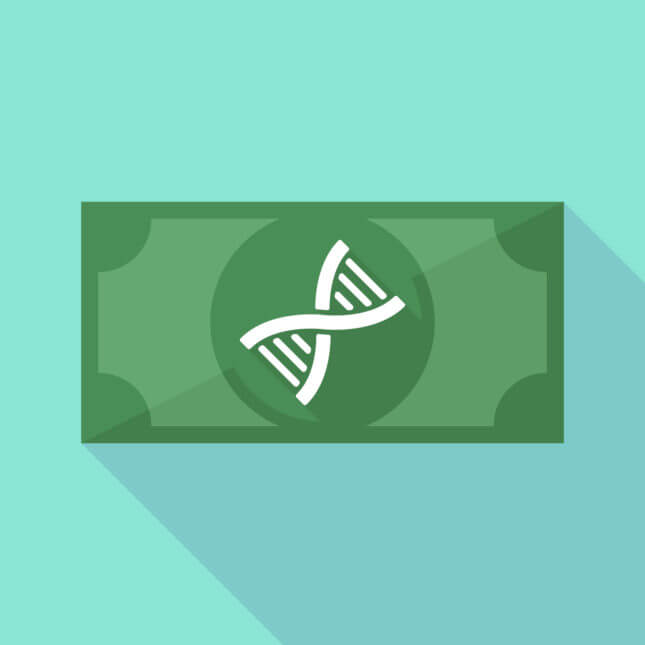What Does Global Health Justice Look Like With a Seven-Figure Drug?
By Kevin Doxzen and Diana M. Bowman,
Slate
| 09. 22. 2021
Over the past decade, our ability to alter the human genome has rapidly improved, largely due to advancements in genome editing technologies like CRISPR. Scientists are vigorously pursuing the ultimate goal of making any change to any DNA sequence in any cell of the body. The versatility of these tools has opened the door to treating a range of debilitating diseases, from prevalent neurological conditions to rare forms of cancer. Yet, alongside promising therapeutic applications, we should be worried about the potential unethical and inequitable uses of these technologies.
Universal concern over the potential use and misuse of genome editing reached a peak in 2018 following the surprise announcement of the first edited babies. He Jiankui, a professor overseeing a university lab in China, publicly disclosed his efforts to engineer HIV immunity into human embryos. The international scientific community decried He’s experiment, and the Chinese government eventually filed criminal charges against this rising young scientist. He Jiankui is currently serving a three-year prison term after a Chinese court found him guilty of “illegal medical practice”.
Criticized as...
Related Articles
By David Jensen, California Stem Cell Report | 02.10.2026
Touchy issues involving accusations that California’s $12 billion gene and stem cell research agency is pushing aside “good science” in favor of new priorities and preferences will be aired again in late March at a public meeting in Sacramento.
The...
By Alex Polyakov, The Conversation | 02.09.2026
Prospective parents are being marketed genetic tests that claim to predict which IVF embryo will grow into the tallest, smartest or healthiest child.
But these tests cannot deliver what they promise. The benefits are likely minimal, while the risks to...
By Mike McIntire, The New York Times | 01.24.2026
Genetic researchers were seeking children for an ambitious, federally funded project to track brain development — a study that they told families could yield invaluable discoveries about DNA’s impact on behavior and disease.
They also promised that the children’s sensitive...
By Arthur Lazarus, MedPage Today | 01.23.2026
A growing body of contemporary research and reporting exposes how old ideas can find new life when repurposed within modern systems of medicine, technology, and public policy. Over the last decade, several trends have converged:
- The rise of polygenic scoring...




